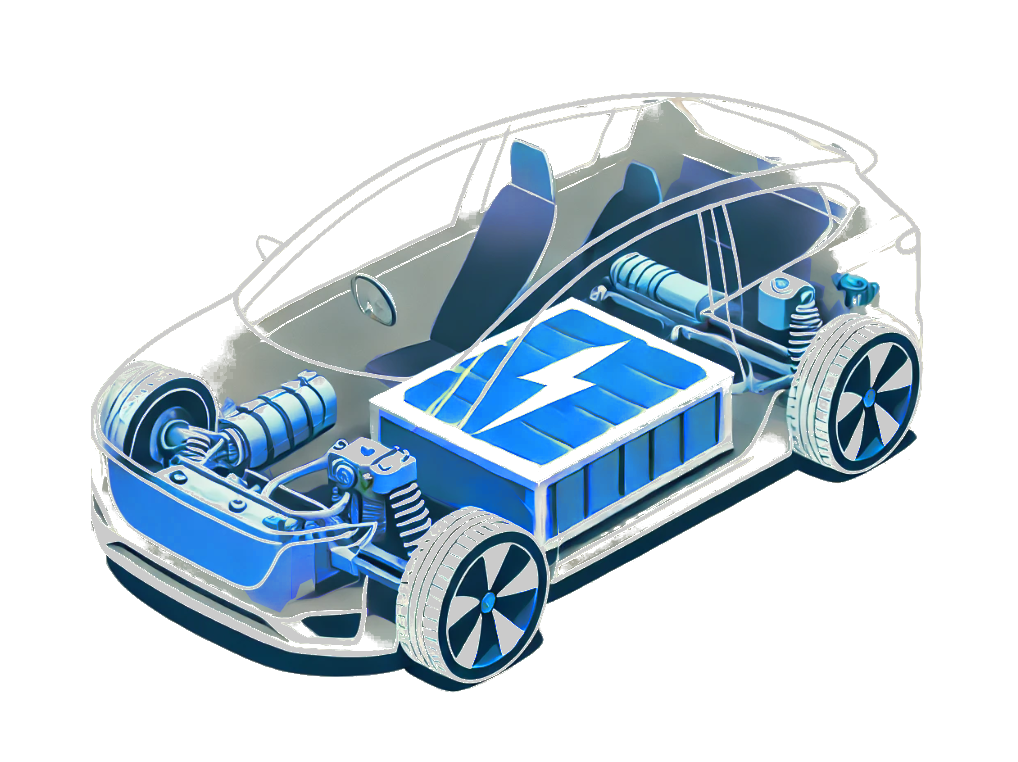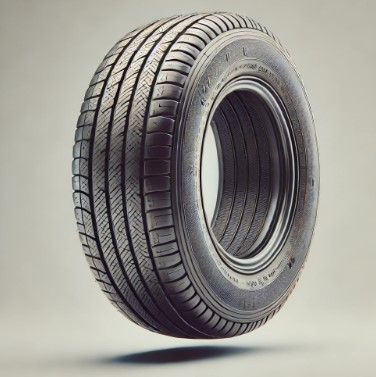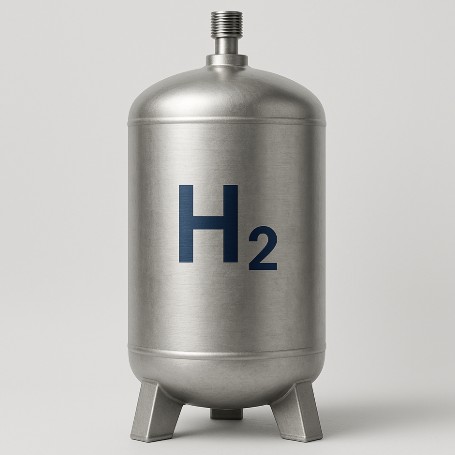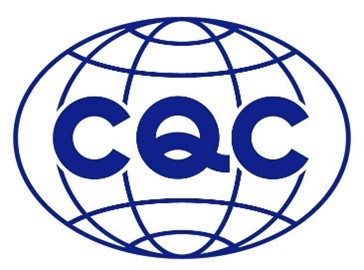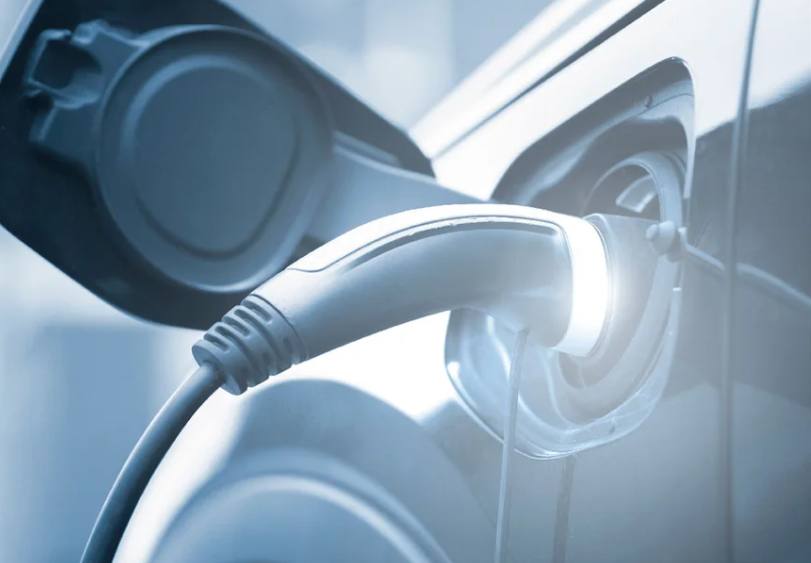New technologies for vehicle tyres
7. January 2020In November 2019, Pirelli presented its Cyber Tire at a 5G Automotive Association conference in Turin. The intelligent tire developed by the tire manufacturer is equipped with sensors that analyze the road surface and environmental data and transmit it via a 5G data link to a server and other road users. At the presentation of a prototype, the tire is mounted on an Audi A8 and sends real-time warnings about slippery road conditions to a following Audi Q8. The Cyber Tire uses the high bandwidth of 50 Mbit/s and the low latency of a maximum of 20 milliseconds of the 5G wireless network.
Unlike today’s rim-mounted sensors that measure tire pressure, a tire-mounted sensor can measure three-dimensional forces and detect and communicate water, ice, and other difficult road conditions to the driver, said Corrado Rocca, head of Cyber R&D at Pirelli. In addition, the Cyber Tire can collect information about mileage, tire model and load to date.
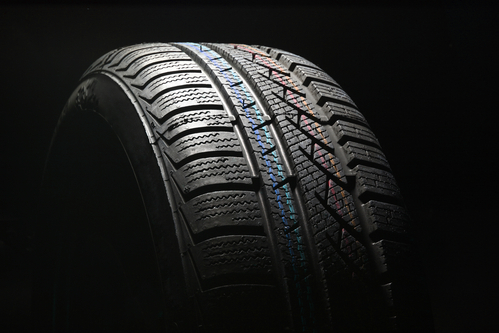
The German tire manufacturer Continental, on the other hand, is researching self-repairing tires. While already available run-flat tires, which can be used for up to 50 kilometers in the event of a puncture due to the extremely stiff sidewalls of the tire, Continental’s new development is based on a viscous mass in the tire shell. According to Continental, the driver would not notice any damage to the tyre at first, but replacement or proper repair is required afterwards. Other brands such as Hankook, Pirelli or Michelin are also working on this concept. Michelin’s Primacy tyre model with this same technology will even be fitted as standard in the Ford Explorer from 2020.
Michelin and GM are taking a drastic step in tyre development. From a joint development, the companies presented the Uptis, a tyre without air filling. The novelty, reminiscent of an extension of the rim structure, consists of a composite material made of rubber and fibreglass and a very thin tread. In addition to the advantage of eliminating air loss and flat tyres, the Uptis also requires less rubber during production and the spare wheel can be completely eliminated. GM will begin testing the tyres on a Chevrolet Bolts fleet at the end of 2019 and expects series production around 2024. Conventional inflatable tyres, on the other hand, are subject to stricter standards for import into China. The new CNCA implementing regulations for the CCC certification of air tyres for passenger cars, trucks and motorcycles came into force as early as January 2016. Please do not hesitate to contact us for further information regarding the mandatory CCC certification and the correct marking of your products.
For more information on how CCC certification may affect your company, or for more information about CCC certification in general, the process, and the associated costs, please visit our website and our News Section where you will find current updates twice a week.
Please do not hesitate to contact us for further details and consultation. You can contact us via e-mail, or call us (UK: +44 2071931135, Rest of Europe: +49 69 2713769150, US: +1 773 654-2673).
You can also check out our free CCC-Brochure, which can be downloaded right here as a PDF file or you consult our book (in English) “A Brief Guide to CCC: China Compulsory Certification”, which can be found directly hier on Amazon.





